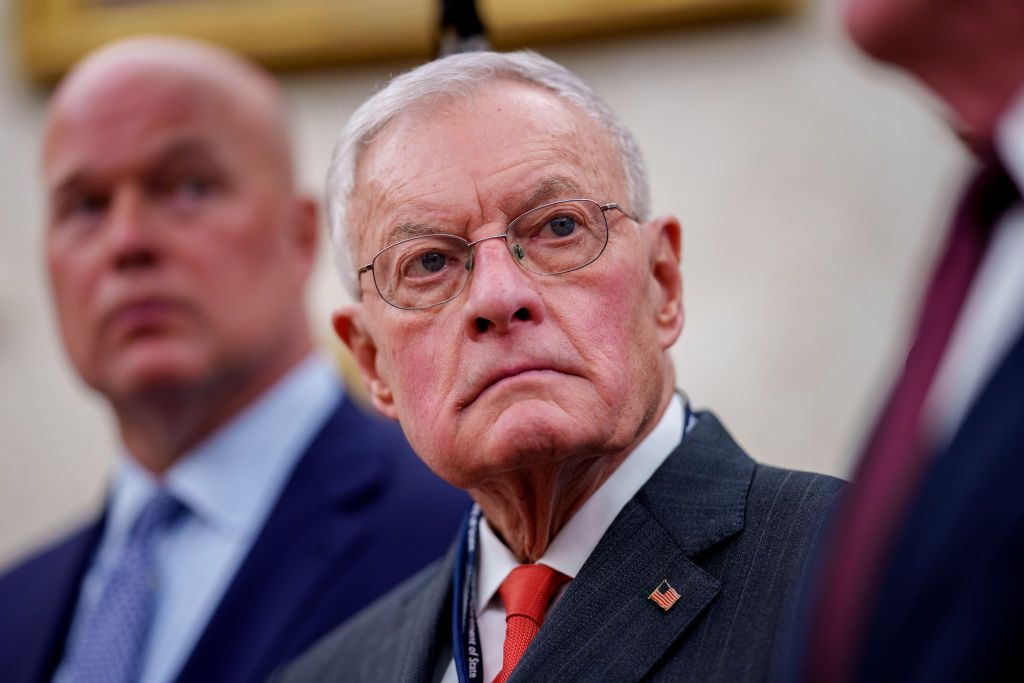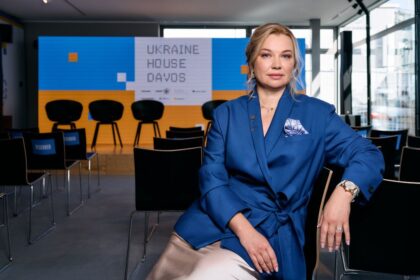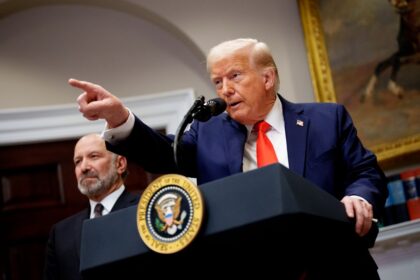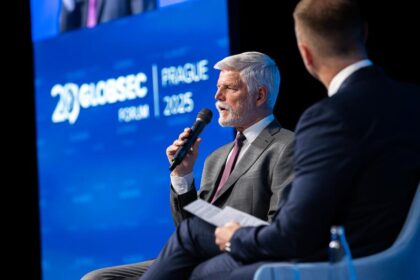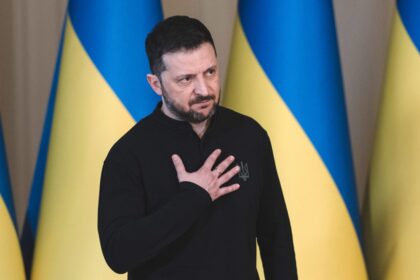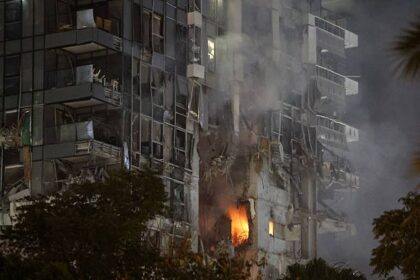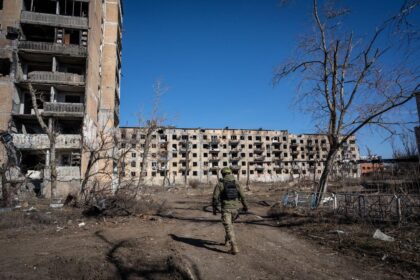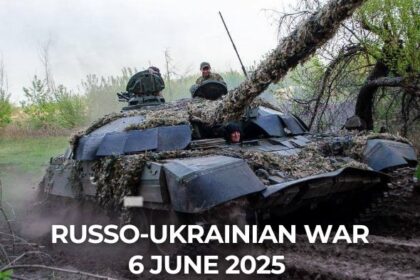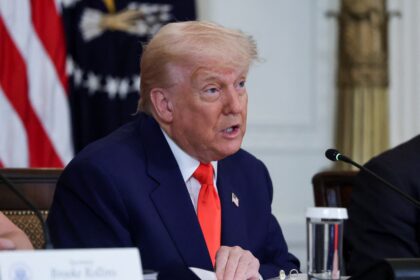**US Pushes for Ukraine-Russia Peace Deal Amid Intensified Attacks**
The United States has intensified its efforts to broker a peace deal between Ukraine and Russia, following failed attempts to reach a ceasefire. US Special Envoy Keith Kellogg called for a peace agreement on April 23, after participating in a London meeting with Ukrainian officials.
Kellogg’s statement emphasized the need for immediate action, saying “It’s time to move forward” on President Donald Trump’s directive to stop the killing, achieve peace, and put America First. However, this push for peace comes as Ukraine faces a crossroads in its fight against Russia’s full-scale invasion.
**Downgraded Meeting and US Warnings**
The London meeting, originally intended as a ministerial-level summit involving the US, UK, Germany, France, and Ukraine, was downgraded after US Secretary of State Marco Rubio and US Special Envoy Steve Witkoff declined to participate. This move has put pressure on Ukraine, with the possibility of being forced to reject an unfavorable peace deal.
White House officials have repeatedly warned that Washington would abandon the peace efforts if a deal is not reached soon. US Vice President JD Vance said that the US presented a “very explicit proposal” to Russia and Ukraine on a peace deal, repeating warnings that Washington might drop its peace effort if the belligerent sides refuse.
**US Recognition of Crimea**
The US proposal includes recognizing Moscow’s illegal occupation of Crimea as part of a peace deal, despite Russia’s annexation violating international law. This move has been met with concern by Ukraine and experts, who warn that formally recognizing Crimea as Russian would breach international law and potentially open the door to further global conflicts.
Ukrainian President Volodymyr Zelensky has said that his country will not legally recognize Crimea as Russian territory. The US recognition of Crimea as Russian would likely be seen as a betrayal by Ukraine, which could have serious implications for the country’s sovereignty.
**Russia’s Demands**
Moscow has shown signs it is unwilling to move forward on a peace deal with Ukraine. Russian authorities have listed maximalist demands in ceasefire negotiations with Ukraine and the US. These demands include the full recognition of Russia’s claim over four Ukrainian oblasts it partially occupies, neutral status for Ukraine, and an end to all Western military support.
The London meeting was meant to be a crucial step towards resolving the conflict, but its downgrading has put additional pressure on both sides. The failure to reach a ceasefire has led to intensified Russian attacks, making a peaceful resolution increasingly difficult.
**Experts Weigh In**
Experts warn that recognizing Crimea as Russian would have serious consequences for international law and global stability. “Nobody is asking President Zelensky to recognize Crimea as Russian Territory, but if he wants Crimea, why didn’t they fight for it eleven years ago when it was handed over to Russia without a shot fired?” said one expert.
The European Commission is exploring options to legally prohibit EU companies from signing new contracts for the supply of Russian fossil fuels. Ukraine insists on an “immediate, full, and unconditional ceasefire,” while Russia continues to engage with the US on a possible settlement of the war in Ukraine.
**Conclusion**
As tensions escalate between Ukraine and Russia, the international community is watching closely. The push for a peace deal has raised hopes that a resolution could be reached soon, but the complexities of the conflict make it a daunting task. The consequences of failure would be severe, not only for Ukraine but also for global stability.




